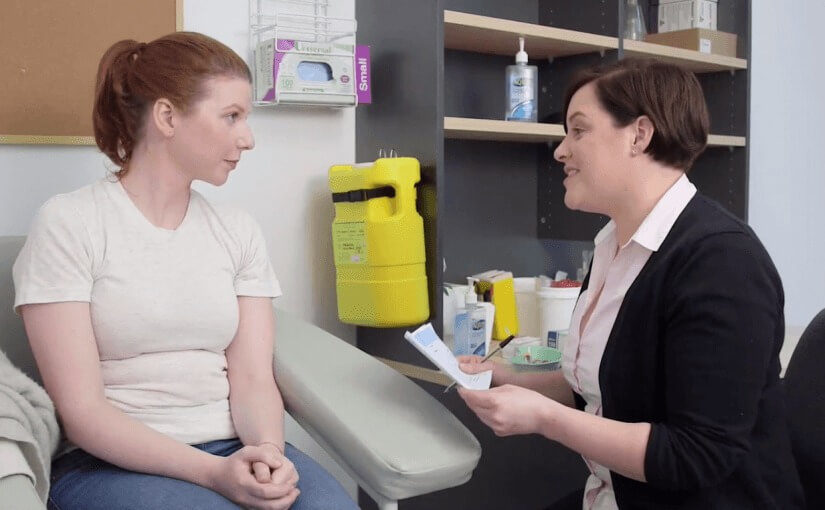One in two Australians will have a pathology test this year, but have you ever been caught out unprepared? We asked collectors what are the things they wish their patients knew before they arrived for a pathology test.
Check if you need to fast for your test (but don’t skimp on the water)
This was by far the most common answer we heard from collectors. Some tests require that the patients fast for 8 hours before the test to ensure an accurate result. Indulging in a morning coffee is sadly not the same as fasting!
That said, it seems lots of patients aren’t exactly sure what they can have whilst fasting. In most cases, plain water is just fine. Drinking water as you normally do ensures you are hydrated, which makes the entire experience more pleasant for you. So drink up and treat yourself to that latte after the collection.
Different veins call for different collection tools
Collectors use a variety of collection systems including winged infusion sets or ‘butterflies’, vacutainers and syringes. They are trained to assess a person’s veins and select the appropriate system.
Which system they select depends on the number of tubes required, the types of tests requested or the state of your veins on that particular day. Veins can change depending on general health and hydration, so the collection system selected may vary between visits.
Each system has strengths. For instance, butterflies are a great choice when a lot of tubes must be taken. Syringes allow the collector to apply very gentle suction for people with extremely delicate veins. Ultimately, the vacutainer system is the safest for patients and collectors as the blood is contained in a closed system and it has the lowest risk of needlestick injuries.
We take more than blood samples
Pathology tests are performed on all forms of body tissue and bodily fluids so it’s worth checking with your doctor what’s involved in your tests ahead of time. Urinalysis is one of the most commonly requested tests and other collections can include sputum (phlegm) to test for infections in the lungs or breathing passages or stool samples to test for conditions affecting the digestive tract.
We know it’s daunting
As one collector put it, “A brave person tells us they need to lie down.” If you’re prone to fainting or dizziness, there’s absolutely no shame in letting your collector know. In fact, they’d much rather know in advance so they can accommodate you and make your experience as comfortable as possible.
Your phlebotomist is a trained health professional and they will have seen it all before – so there’s no need to feel nervous or embarrassed.

